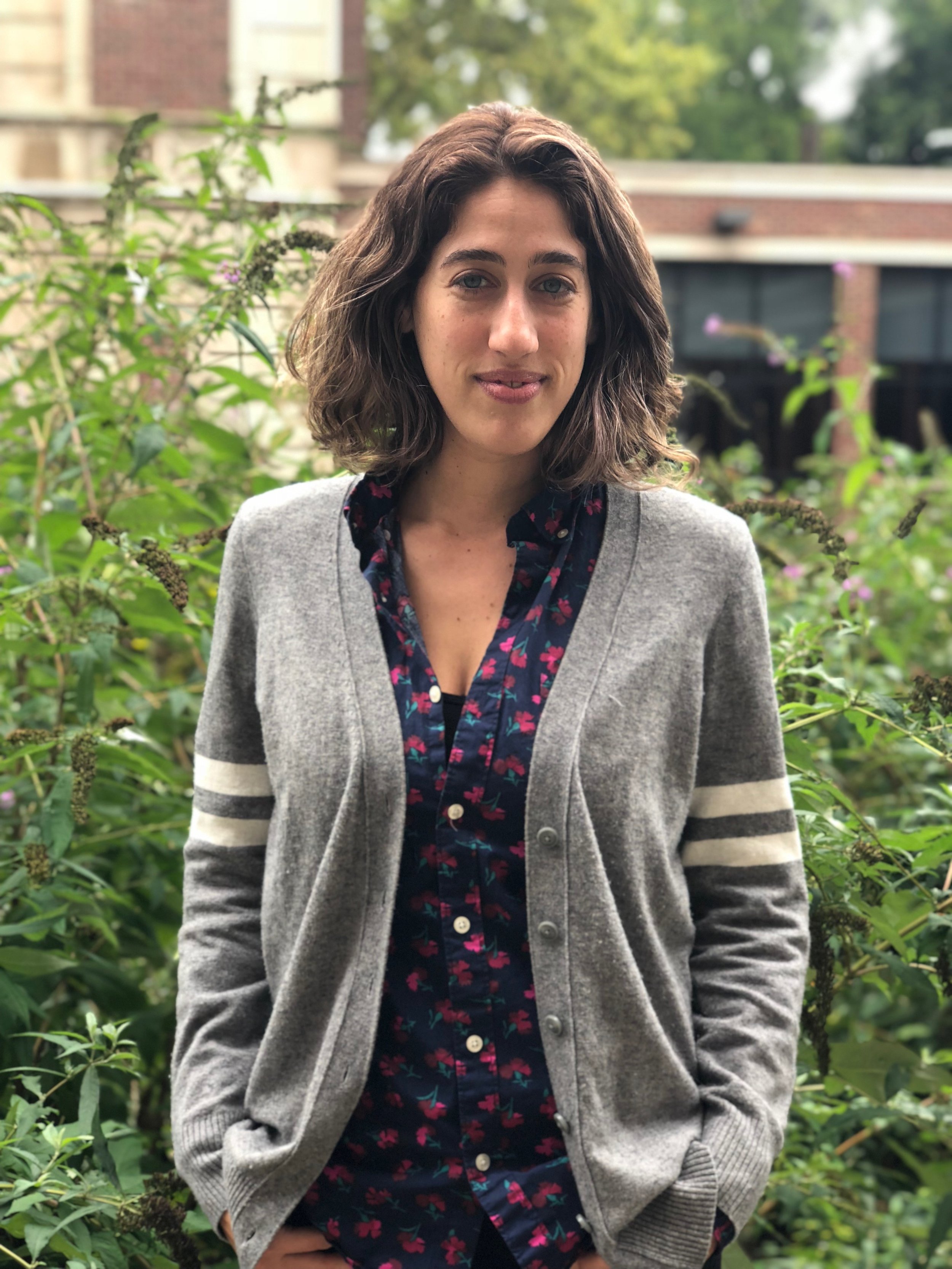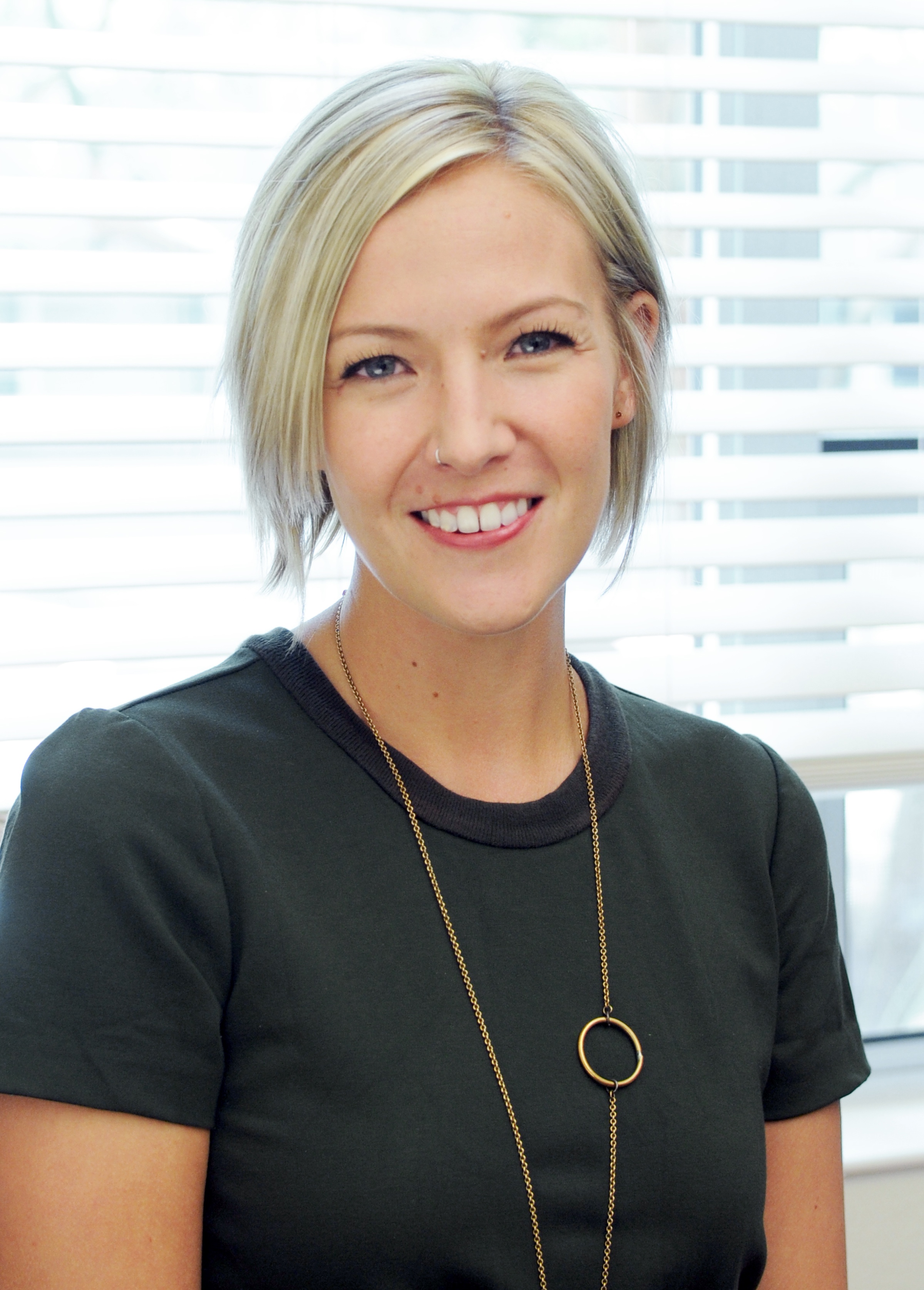Faculty Affiliates
Nora Berenstain, Ph.D., is Professor of Philosophy, core faculty in Women’s, Gender, and Sexuality Studies, and co-director of the Intersectionality Community of Scholars at the University of Tennessee. Her work spans metaphysics of science, feminist epistemology, and social & political philosophy. In addition to publishing on ‘traditional’ philosophy of science topics like the relationship between mathematics and the physical world, she engages with critiques more commonly found in Science Studies, like how purportedly neutral contemporary theories of biological race realism are forged in the fire of scientific racism. She studies tools of epistemic oppression, like structural gaslighting and epistemic exploitation. And she thinks about epistemologies in terms of their functions—what structures they uphold and whose power they support.
Nora Berenstain
The University of Tennessee
Jenny Dyck Brian
Arizona State University
Jenny Dyck Brian, Ph.D., is a bioethicist and science and technology studies (STS) scholar whose work interrogates the intersection of science, business, ethics and policy. With long-time collaborator Patrick Grzanka and Emily Mann, she's working on a long-term research project on long-acting reversible contraceptives (LARC). At Barrett, the Honors College at Arizona State University, she teaches classes such as Queer Bioethics and Science, Social Justice and Activism. An award-winning teacher and mentor, she is also faculty advisor to ASU’s champion Ethics Bowl team.
Kirsten A. Gonzalez
The University of Tennessee
Kirsten A. Gonzalez, Ph.D., [she, her, hers] is an associate professor of psychology, core faculty member in women, gender, and sexuality studies, and Latin American & Caribbean studies at the University of Tennessee, Knoxville (UTK). Her scholarship focuses broadly on the psychological well-being of LGBTQ+ People of Color, including experiences of belonging and community connection and the impact of sociopolitical events on the well-being of people across race/ethnicity, gender identity, and sexual orientation. She focuses on the intersection of Latinx and LGBTQ+ identities and migration experiences of Latinx community members. A third line of her scholarship is focused on allyship and social justice advocacy. As a licensed psychologist, she teaches cognitive assessment, foundations in counseling psychology, multicultural psychology, and provides clinical supervision to counseling psychology doctoral students at UTK.
Emily S. Mann
University of South Carolina
Emily S. Mann, Ph.D., is a sociologist whose research and scholarship focuses primarily on the areas of sexualities and reproduction. These emphases are connected through a focus on sexual and reproductive health; healthcare and medicine; and social and health inequalities. Her work uses qualitative methods and takes two main approaches to inquiry. First, she examines how sexual and reproductive health promotion efforts unfold in variety of institutional contexts, including public health, healthcare and medicine, public policy, and popular culture, with an eye toward uncovering their unintended consequences. Second, she explores how institutional, cultural, interpersonal, and individual factors shape the decision making of people of reproductive age regarding sex, pregnancy, childbirth, contraception, and parenthood. She is an Associate Professor at the University of South Carolina, holds a joint appointment in public health and women’s and gender studies, and teaches courses on feminist theory, maternal and child health, and LGBT health.
Amy Alspaugh
The University of Tennessee
Amy Alspaugh, Ph.D. (she/her), is an Assistant Professor in the College of Nursing at the University of Tennessee. She is a dually-trained Certified Nurse-Midwife and Nurse Scientist. She received a BA in History and Russian from Haverford college, a MSN from Vanderbilt, a PhD from the Medical University of South Carolina, and was a postdoctoral scholar at the University of California, San Francisco. As a reproductive health care provider and research, she focuses on the various pathways to improve reproductive health care experiences from both the patient and provider experience, with an emphasis on how social and cultural discourses influence care delivery and acceptability.




